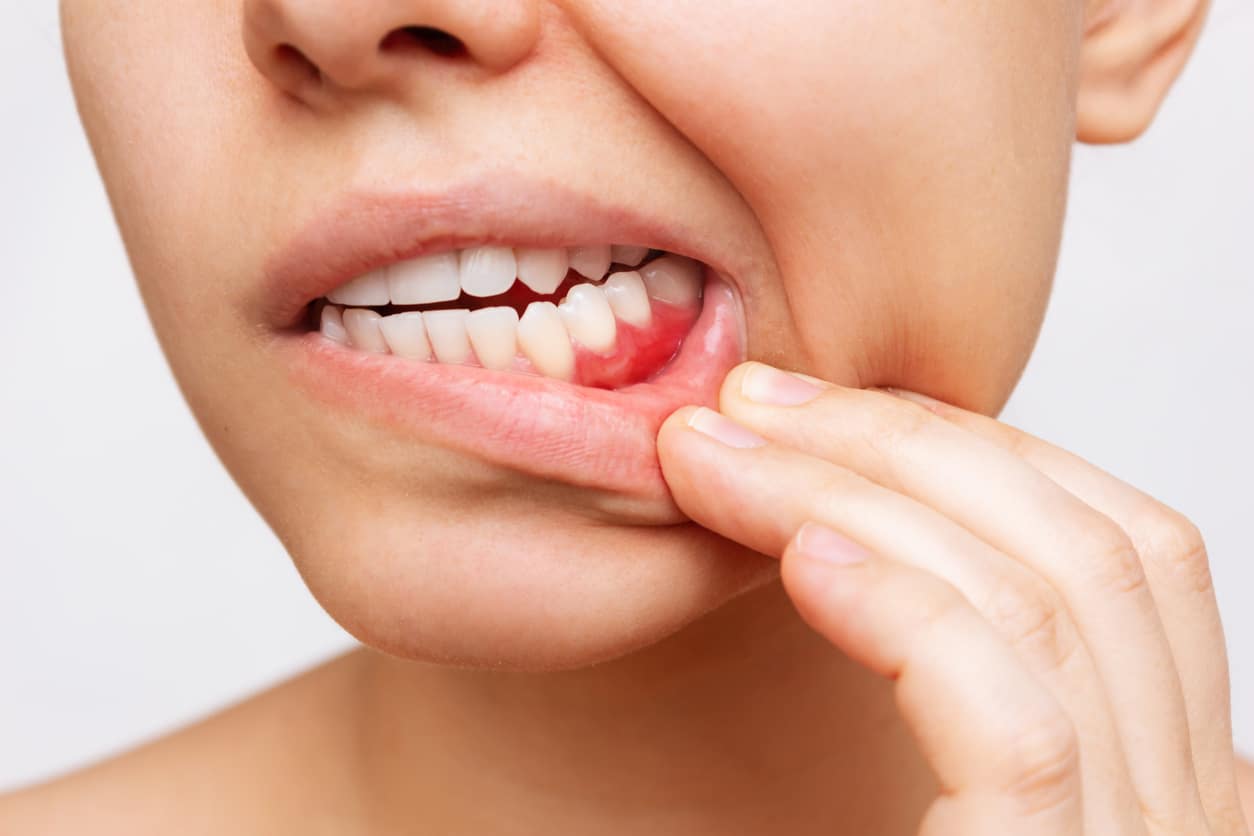Most adults have experienced swollen or inflamed gums at some point in their lives, a condition known as gingivitis. You can get inflamed gums for many reasons. The most common reason is periodontal disease and inadequate dental care, but there are a number of different circumstances that can cause gingivitis. Even otherwise healthy gums can sometimes become inflamed when we eat or drink certain substances.
Causes of swollen or inflamed gums
- Chemotherapy
- Hormone changes
- Impacted teeth
- Malnutrition
- Medication side effects
- Overly aggressive brushing or flossing
- Poorly fitting dental appliances or dentures
- Pregnancy
- Sensitivity to dental hygiene products
- Smoking
- Tooth abscess
- Viral or fungal infection
- Vitamin C deficiency/scurvy
In some cases, swelling of the gums is short-lived, caused by a temporary situation, and resolves without causing significant damage to the teeth. In others, gingivitis becomes chronic. When this happens, the gums pull away from the teeth, exposing them to premature wear, increased chance of infection, and damage to the supporting bone.
Home remedies, paired with good dental hygiene practices, are often quite effective in reducing swollen and inflamed gums. Many of the herbs listed below have been used to augment dental health and hygiene for hundreds of years. Some are even as effective at killing bacteria as our most powerful chemically derived mouthwashes.
Herbal Treatments for Inflamed Gums
Aloe Vera
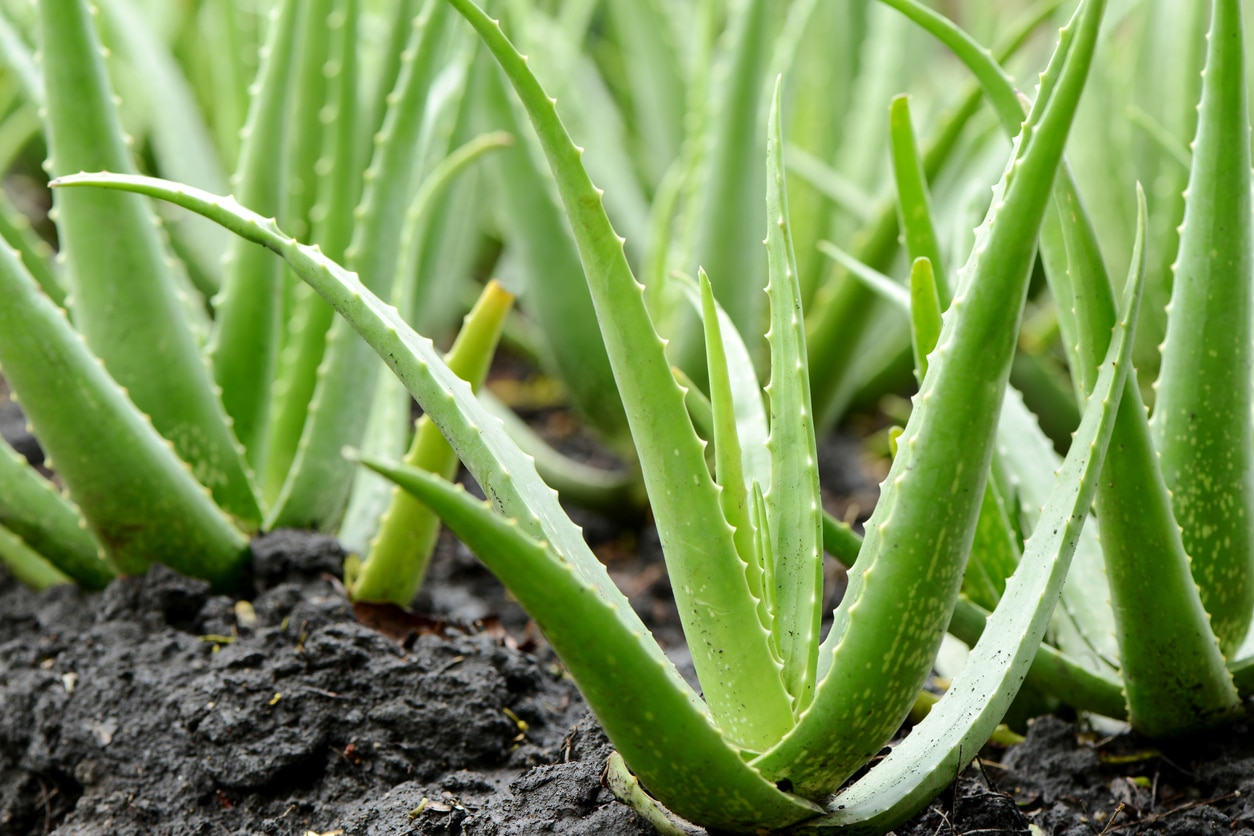
Aloe Vera is well known as a soother of dry or burned skin. Growing up in the 70s and 80s, almost every house I visited had an aloe vera plant in the kitchen, handy for quickly treating inevitable cuts and burns. Interestingly, aloe vera gel is also extremely beneficial for inflamed gums. It is antibacterial, like many of the herbs on this list, and is particularly effective at inhibiting the growth of Streptococcus mutant bacteria, the bacteria most responsible for tooth decay.
Black Pepper
This spice cabinet staple has multiple benefits when it comes to preventing tooth decay and inflamed gums. The alkaloid piperine, naturally found in black pepper, is believed to have both antioxidant and anti-inflammatory effects. In addition, consuming black pepper with certain other nutrients improves the absorption of those nutrients. In a 2020 study, it was shown to be especially effective at increasing the levels of beta-carotene and curcumin, the active component in turmeric.
Cloves
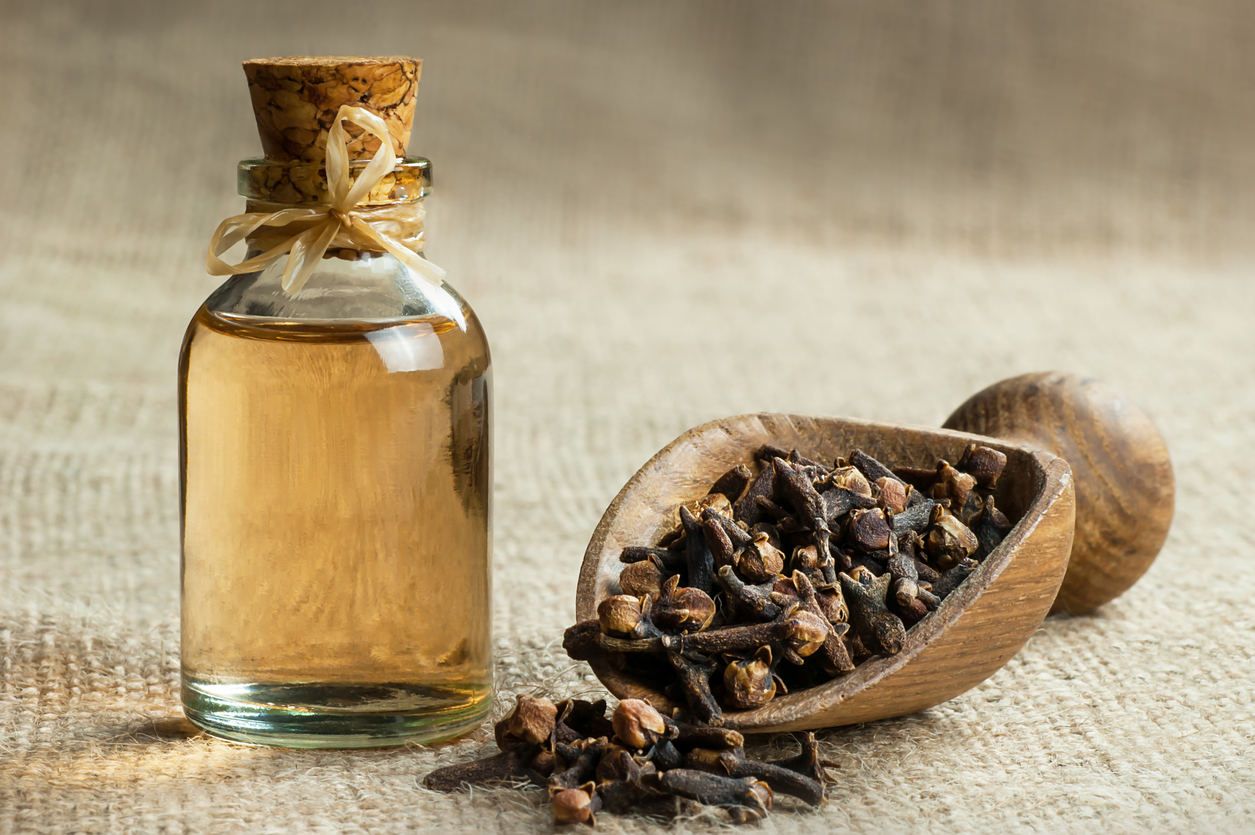
The distinctive, pleasant smell of cloves helps to counteract bad breath. Additionally, the eugenol that is naturally present in cloves is antibacterial and helps to reduce both plaque and tartar from the teeth. Cloves provide several dental health benefits beyond just freshening breath. Clove oil is also a powerful numbing agent, relieving pain from ulcers, canker sores, and inflamed gums.
Mint

Peppermint and spearmint are well-known, popular additives for oral hygiene products. These plants have been used to flavor tooth-cleaning concoctions for hundreds of years, and for good reason. Mint grows quickly, thrives in several different environments, and has a fresh, clean flavor. In addition, this remarkable herb also has anti-inflammatory and antibacterial properties that help curb dental deterioration.
Oregano
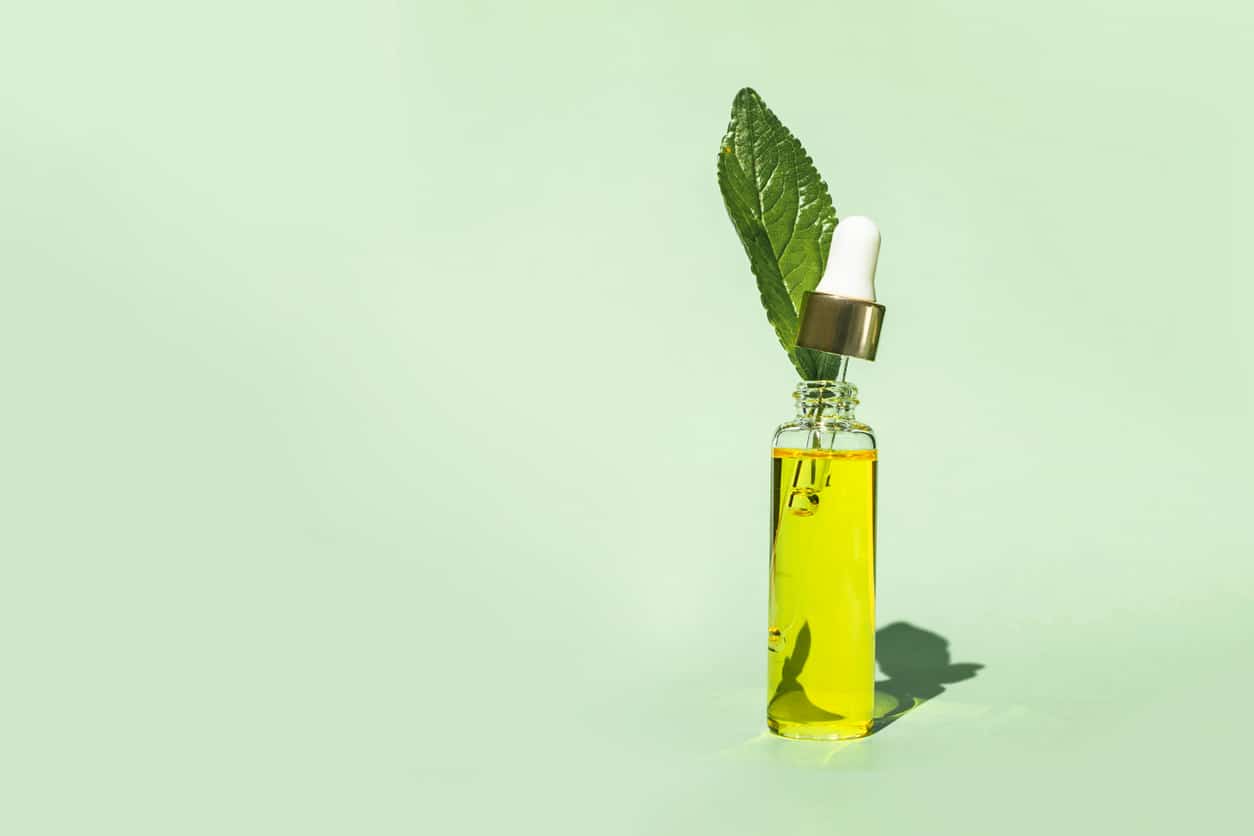
Oregano is an exceptionally potent herb for health. Not only does oregano have anti-inflammatory, antifungal, and antibacterial properties, but like herbal powerhouses garlic and rosemary, it is also one of the few herbs with antiviral properties. Not only does this plant have the power to soothe swollen gums, but it can also eliminate many infections from inside the mouth. It is particularly effective against infections of the gums and exposed abscesses. However, it is ineffective against enclosed infections, like those of the dental nerve.
Tea tree oil
Tea tree oil is an essential oil derived from the leaves of the Australian Tea Tree, also known by the scientific name Leptospermum laevigatum. The formidable antibacterial and antifungal properties of tea tree oil make it an extremely versatile remedy for inflamed gums. It is used as an antiseptic for cuts and scrapes, a remedy for stubborn nail fungus infections, and as an effective and healing mouthwash. In fact, a recent study in the European Journal of Dentistry revealed that a mouthwash made from Tea Tree Oil to be as effective as one created with Chlorhexidine, a prescription mouthwash specifically developed to kill bacteria, thereby reducing inflammation.
Thyme
Thyme is a relative of mint. Like mint, it is often used in oral health products, such as toothpaste and mouthwash. Also, like mint, its greatest power as an oral health product lies in the natural chemical menthol, which cools and numbs the sensitive tissues of the gums, reduces inflammation, and inhibits the growth of bacterial pathogens.
Turmeric
Turmeric has gotten a lot of attention lately as a remedy for depression and arthritis. It is also believed to protect against Alzheimer’s and cancer and help improve heart health. The component in turmeric most responsible for its benefits is curcumin, a formidable anti-inflammatory, and antioxidant that is especially effective at calming irritated and inflamed tissues.
When to See a Professional about Inflamed Gums

Although many situations that trigger gingivitis aren’t of major concern, a few can be problematic if left unattended. Knowing when to visit your dentist or doctor to rule out any serious conditions can be helpful.
If you have begun chemotherapy, are pregnant, or have recently started a new prescription, contact your doctor. Depending on their findings, they may want to note your account or need to adjust your treatment plan. Your doctor may also be able to uncover circumstances such as hormone imbalances or vitamin deficiencies.
When to Consult a Dentist
- Dentures or appliances aren’t fitting properly
- Gums and/or teeth become sensitive to hot and cold
- Gums have pulled back from the teeth
- Gums hurt or bleed for more than a week
- Teeth are loose
Caring for our teeth and gums is an essential component of our daily health routine. Poor dental health can lead to far more than just loose teeth, including cardiovascular disease, increased infections, and pregnancy complications. Regular flossing and brushing is the best weapon against dental disease, but it isn’t the only one. There may even be an entire arsenal of effective weapons against gingivitis in your kitchen.
Top Tools for Good Oral Care

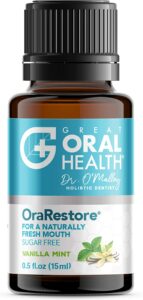
Read More:

